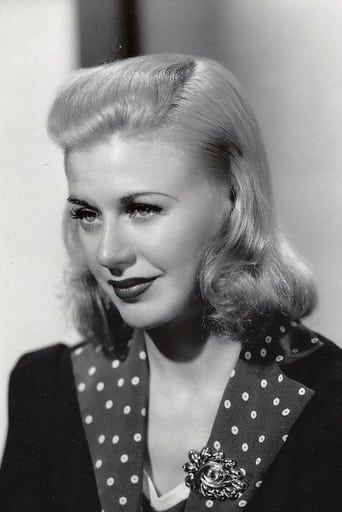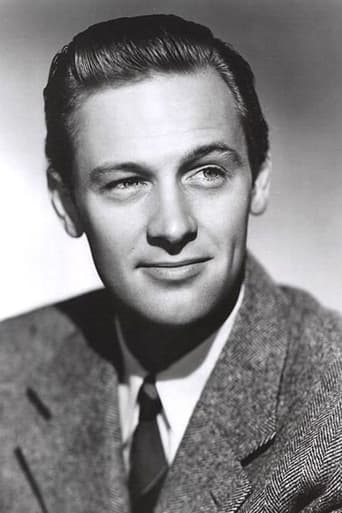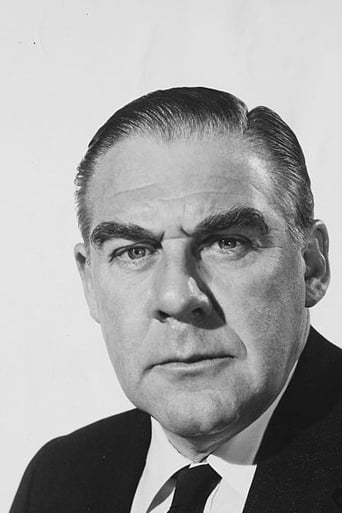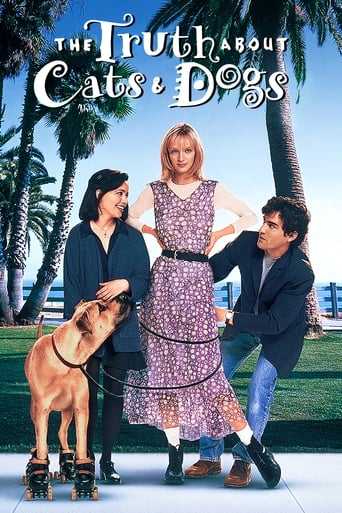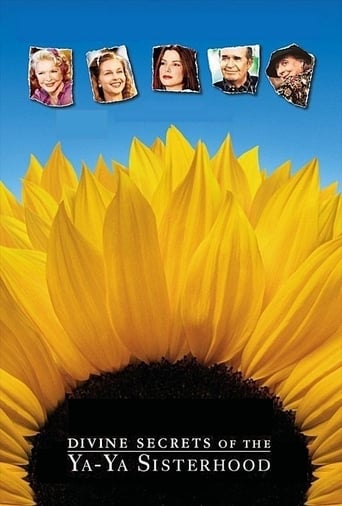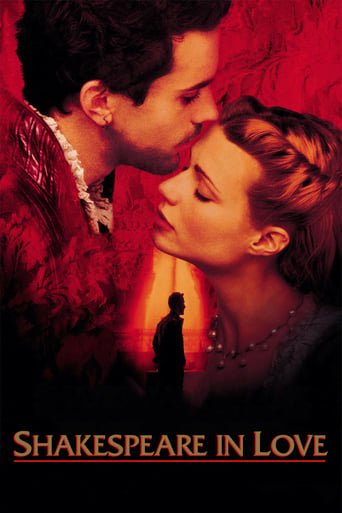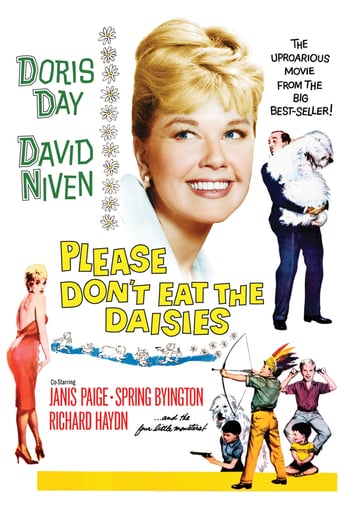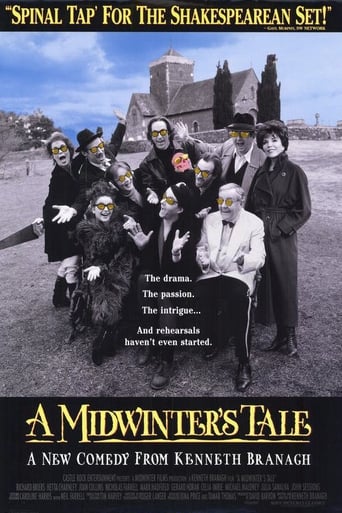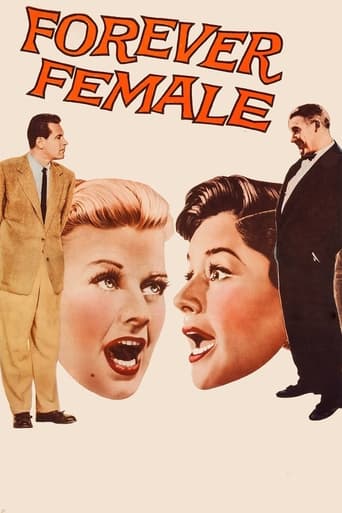
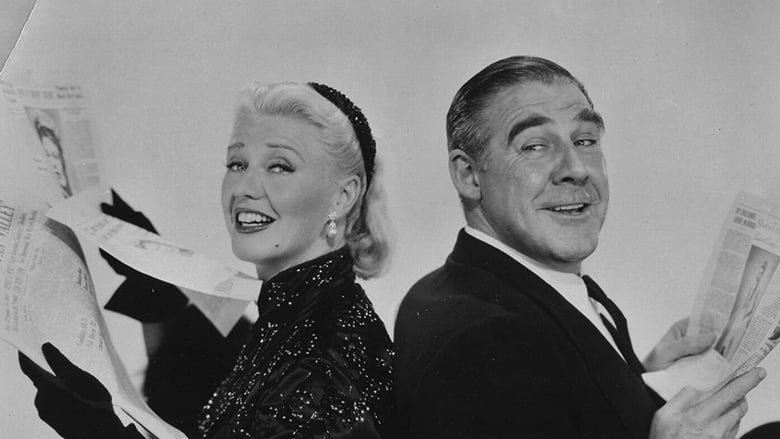
Forever Female (1953)
An aging actress has a hard time admitting she is too old to play the ingenue role anymore.
Watch Trailer
Cast
Similar titles
Reviews
A Disappointing Continuation
The movie's neither hopeful in contrived ways, nor hopeless in different contrived ways. Somehow it manages to be wonderful
The film may be flawed, but its message is not.
An old-fashioned movie made with new-fashioned finesse.
This is a very good film that manages to entertain even though one of the characters was atrociously written. The film begins with a cocky young playwright (William Holden) being discovered. Although he's managed to offend a famous Broadway star (Ginger Rogers), he's also impressed her with his talent and good looks. The problem is that she wants to star in his play--even though she is WAY too old for the part. Even though they re-write it for her to play a character 10 years older, she still is too old for the part. But he wants the play to be produced and he's also in love with her. What's he to do?! And, what's he to do about Sally Carver--a spunky young actress who would be perfect for the part? While Holden, Rogers and Paul Douglas all did great because they were real professionals and their parts were well written, I couldn't say the same for Pat Crowley (who played Sally). Although her character was supposed to be very eager and raw, she often came off as annoying and obnoxious. Her constant use of the word 'Siamese' and brash persona really turned me off--as I am sure it did for the audience. It's surprising, since the studio appeared to be grooming her for stardom--and the film's credits point out that she's a new discovery. But, if you can block out her character (at least until she evolves into a REALISTIC person later in the film), you will see a cool film--one that gives Rogers a chance to stretch herself and play a riskier role--an actress whose vanity is getting in the way of common sense. Well worth seeing.
Playwright William Holden finds he can't handle leading lady Ginger Rogers, whom he miscasts in his play, presenting her as a 29 year old when she should play the character's mother instead. Rogers is an aging actress who won't face the music about the age while promising actress Patricia Crowley is anxious to play the role Holden had originally conceived to be 19. Crowley, who sounds amazingly like Ginger, tries to win Ginger's love (and the part) while Rogers' producer ex-husband Paul Douglas fights his undying feelings for her (admitting that their marriage was horrid) while keeping her career going.The obvious comparisons to "All About Eve" (complete with Broadway archetypes such as press agent Jesse White) can't be avoided (much of the story is set in Sardi's), but this is more of a spoof of that great drama with obvious camp moments. Hollywood doesn't always do justice to its presentations of what life in the theatre is like, but this one manages to be acceptable. Like he did in 1950's "Sunset Boulevard", Holden plays a writer, but this character is as far from the role of Joe as you can get; In fact, his character works part-time in a grocery store! Rogers, still beautiful and charming (as her actress on screen is constantly referred to as), seems to enjoy spoofing her image, but is much less caustic than Bette Davis's Margo Channing in "All About Eve", and Crowley's starlet (who does refrigerator commercials) is no Eve Harrington. Crowley, later a star of sitcoms ("Please Don't Eat the Daisies") and soaps ("Generations", "Port Charles") is a promising ingénue (getting special billing as the film ends), but is far too young for Holden.Overall, the film is interesting, basically a well-written sitcom with some nice character performances by veteran James Gleason as Holden's Broadway pal and Maidie Norman ("Whatever Happened to Baby Jane?") as Rogers' maid.
An aging stage star tries to hold on to ingénue roles. The screenplay is by the Epstein twins (Casablanca) based on a play by Barrie (Peter Pan). Given such pedigree, this comedy falls short of expectations but it is fairly enjoyable and has witty dialog. It's helped by good acting from Rogers as the actress in denial about her advancing years, Douglas as her supportive ex-husband, and Holden (on the verge of super-stardom) as a writer. A screen shot at the end of the film touts Crowley as a future star at Paramount. She never became a star, but she went on to have a long TV career, and she is winning here as a perky young actress.
This film was made in the shadow of ALL ABOUT EVE, and paints a more benign view of that film's central situation. Ginger Rogers plays a leading Broadway star, who retains a close relationship with her former husband (Paul Douglas), and works closely with playwright William Holden (possibly a softer build-up for his play director in Bing Crosby's/Grace Kelly's THE COUNTRY GIRL). Pat Crowley, a younger woman of some acting talent, is trying to break into the circles that cast and produce Broadway plays (she is doing mostly off-Broadway work). The relationship of these four characters are the basis of this comedy.There are differences between the situation here and the situation in EVE. There was more of an atmosphere of the theater and it's traditions in EVE (because Joseph Mankiewicz writes literate scripts, and was determined to show what goes on behind the stage curtains). But there Bette Davis has gotten trapped into a lonely greatness on stage, and she turns out to be willing to vacate her pedestal if she can have a human life with Gary Merrill. She just does not like the way Anne Baxter is trying to replace her in her parts - Baxter's underhanded methods are despicable. Crowley is not Baxter. She genuinely admires Rogers, and just wants entry (which she may get through Holden). It is just that Rogers is still clinging to her youth - Holden is her last chance for such a cling when they go out together. But even Rogers realizes that she is beyond the point of return. In fact, towards the end of the film the audience and Holden and Crowley discover that Rogers actually gives herself a long summer vacation where she can wear softer, easier clothing and eat as much as she wants to. In the end she accepts that the scepter is passed, but she still has her old husband/friend/and continuous argument partner Douglass to play with.
